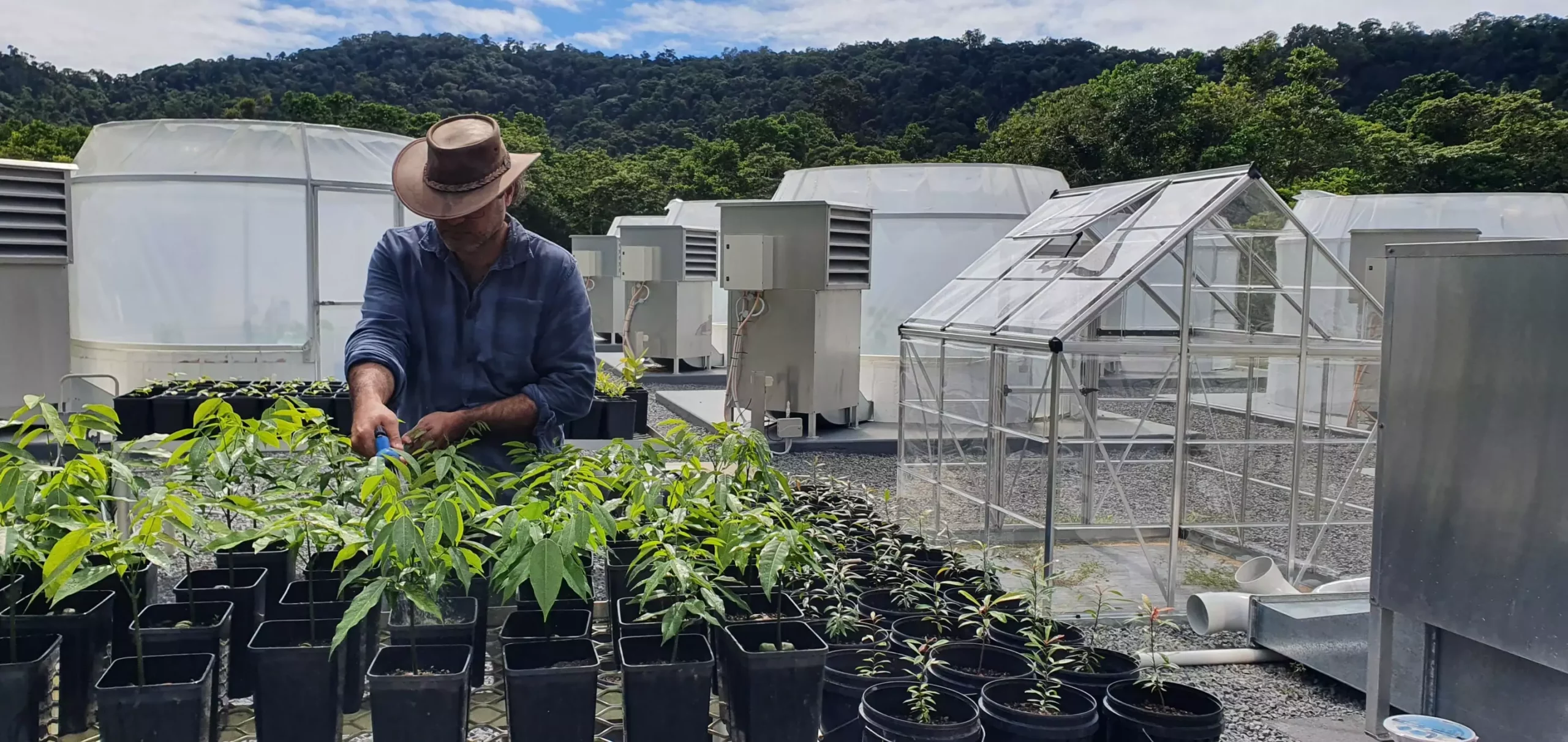Ozone is a gas that plays a paradoxical role in our environment. While the stratospheric ozone layer serves as a protective shield, blocking damaging ultraviolet rays from the sun, ground-level ozone poses a significant threat to ecological balance, particularly in tropical forests. This troubling discovery highlights an urgent need for awareness and action as new studies reveal that ground-level ozone is responsible for unprecedented carbon loss in these vital ecosystems.
Tropical forests are often referred to as nature’s lungs, responsible for absorbing substantial amounts of carbon dioxide from the atmosphere. This essential service mitigates the impact of climate change by reducing greenhouse gases. However, recent research indicates that ozone is hampering the growth of these forests, leading to an estimated 290 million tonnes of carbon dioxide going uncaptured every year. The study published in *Nature Geoscience* underscores the severity of this issue—ground-level ozone diminishes annual growth in tropical forests by an average of 5.1%. This percentage rises alarmingly in certain regions, such as Asia, where growth reductions reach 10.9%.
The interplay between human activity and environmental health cannot be overstated. Ground-level ozone forms when pollutants like nitrogen oxides and volatile organic compounds, released through urbanization, industrial processes, and fossil fuel combustion, react under sunlight. The unintended consequences of modern civilization manifest not only in our air quality but also in the health of our forests. The ongoing increase of these precursor emissions, combined with the changing atmospheric chemistry associated with a warming climate, suggests a bleak future for these vital carbon sinks.
Dr. Alexander Cheesman, one of the study’s co-leaders, emphasizes the crucial role tropical forests play in trapping carbon dioxide emissions and highlights how air pollution must not be overlooked as a factor jeopardizing this service. The cumulative effects of ozone pollution could lead to a staggering 17% reduction in carbon removal by tropical forests since the year 2000. This points to a dire need for more proactive measures to combat air pollution, as it not only impacts human health but also undermines climate mitigation efforts.
The implications of this research are particularly alarming for regions earmarked for future forest restoration—areas crucial for combatting climate change. The findings indicate that these regions are disproportionately affected by elevated ozone levels, raising questions about the efficacy of restoration initiatives in light of persistent air quality issues. Dr. Flossie Brown, the co-author of the study, warns that without a concerted effort to reduce precursor emissions, the potential for successful ecological recovery diminishes significantly.
The research on ground-level ozone serves as a wake-up call for policymakers, environmental advocates, and the general public alike. By acknowledging the harmful implications of air pollution on our tropical forests, we face not just an ecological crisis but a broader climate emergency that demands urgent action. Enhanced regulations, increased awareness, and the prioritization of air quality are critical in safeguarding these ecosystems and, by extension, our planet’s future. The battle against ozone pollution is not merely about saving trees; it is about preserving the vital mechanisms that regulate our atmosphere and combat climate change at large.


Leave a Reply